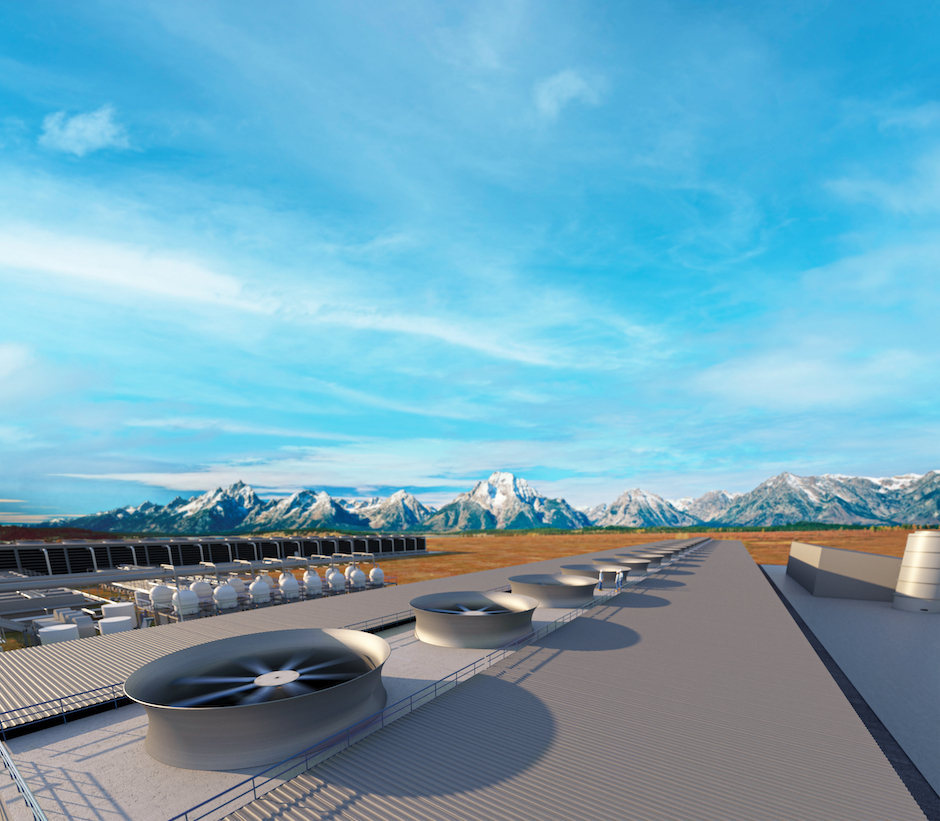
UK-based Storegga, which focuses on developing net-zero infrastructure, announced that engineering and design had commenced for the DAC facility in North-East Scotland last month.
The large-scale facility is being developed in partnership with Carbon Engineering, utilising its DAC technology which captures CO2 directly from the atmosphere using a mechanical system whereby a series of chemical reactions extracts the CO2 for storage and delivers purified air back into the environment.
Aiming to permanently remove one million tonnes of CO2 from the atmosphere annually, the facility is targeting first operations for 2026.
Engineering begins on UK Direct Air Capture facility
Storegga said that the signing of the MoU demonstrates ‘accelerating commercial interest’ in DAC technology combined with geological storage (DACCS) from the aviation sector and beyond.
“Reducing Virgin Atlantic’s carbon footprint is our number one climate action priority and the removal of CO2 directly from the atmosphere has the potential to become a powerful tool in reaching our target of net zero carbon emissions by 2050,” said Juha Jarvinen, chief commercial officer at Virgin Atlantic.
“We hope that early adoption of this technology and development of a facility here in the UK will demonstrate the commercial potential of DAC and inspire other businesses to be involved.”

Jarvinen added that the agreement complements a range of partnerships Virgin Atlantic has recently developed to further its sustainability goals, including working with technology providers for sustainable aviation fuels and zero-carbon flight.
Nick Cooper, CEO of Storegga described last week’s IPCC report as an ‘alarm call’, commenting: “The need for high-quality, permanent engineered offsetting is clear. To reach our net zero goals and prevent significant temperature rises, we need to utilise all the tools available to us. Technical offsetting with DAC is urgently needed at scale to sit alongside nature-based offsetting.”










Radio wave weapon knocks out drone swarms
Probably. A radio-controlled drone cannot be completely shielded to RF, else you´d lose the ability to control it. The fibre optical cable removes...